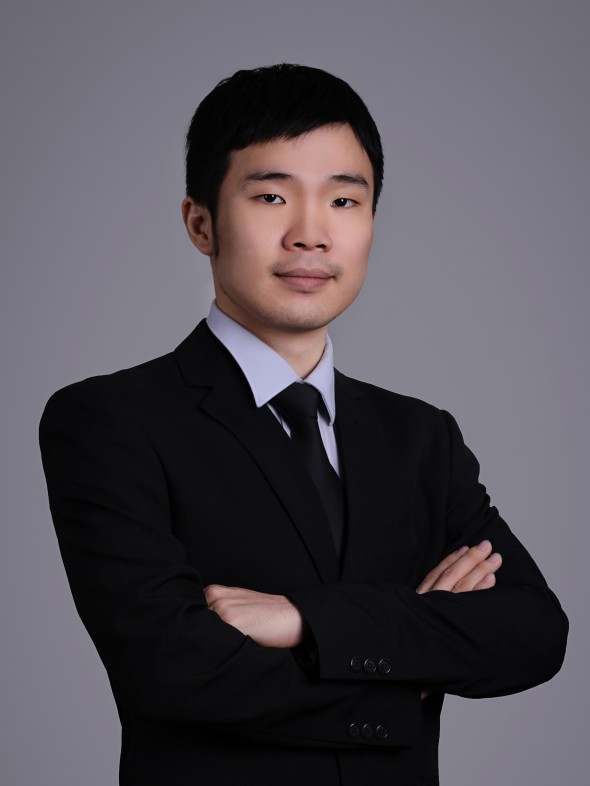
Liang Xu
31
Ping An Technology
Country of birth: China
Using AI to make cities more responsive to their residents
Liang Xu and his team have developed an AI platform that is transforming how cities across China improve public health, reduce crime, and increase efficiency in public management. Xu’s team works closely with municipal agencies in China, which provide access to troves of data such as tens of millions of health records and customs border-crossing records. After crunching all these data, stripped of identifying details, and going through other forms of training, the platform, called PADIA, is then integrated into these agencies’ computer systems.
In the cities of Chongqing and Shenzhen, this platform is helping public health authorities predict flu outbreaks with an accuracy of over 90%. A local government agency in Shenzhen has also used the software to reduce the time it takes to process documents by 95%. In several provinces, it has detected health care fraud to the tune of nearly 1 billion yuan ($150 million).
Government use of AI is stirring up debates in many countries. Xu is aware of pitfalls such as privacy breaches and job losses. But he’s also optimistic about AI’s potential to bring modern education and health care to areas that have traditionally been left out. He points out that teachers in rural areas could find answers to questions using AI’s vast knowledge base, and community health centers that lack trained staff members to interpret medical scans could use AI algorithms to help diagnose serious illnesses.